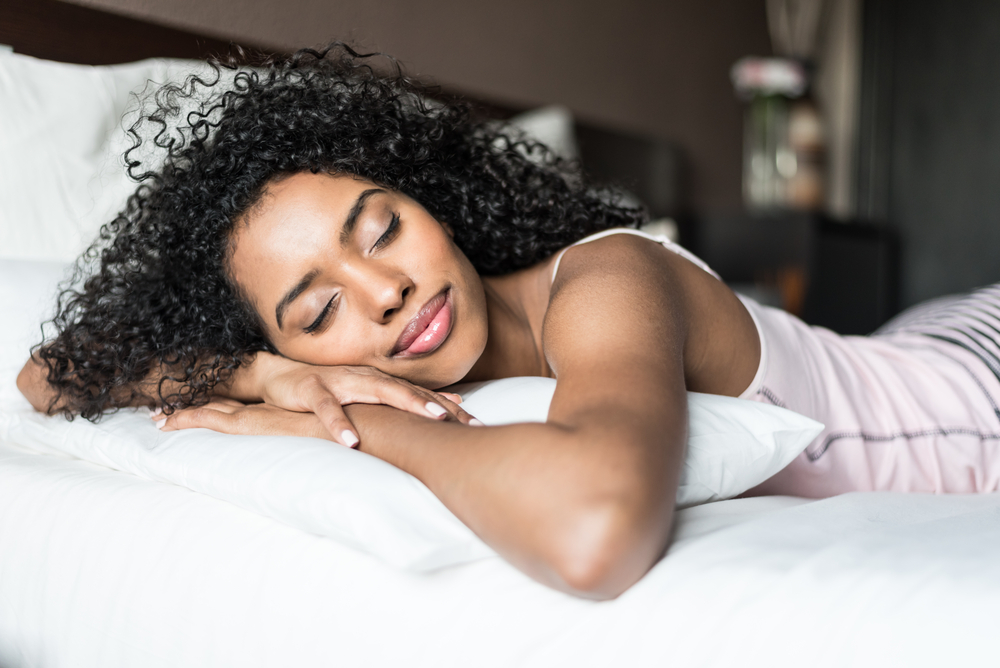The coronavirus has changed Americans’ lives in more ways than one. Some have lost their jobs, kids aren’t able to go to school and everyone is confined to their homes.
It’s normal to have fallen out of a routine during this time. Working from home and the constant worry about the virus can lead to a change in mood or a lack of motivation. However, it can also lead to a change in our habits – including our sleep schedule.
Getting the proper amount of sleep during the quarantine is essential. During the nighttime, our bodies process all of the information that happened during the day. Sleep also helps our immune systems and helps our mental health. All of these things are crucial in normal life but are especially important during the COVID-19 crisis.
You may be wondering then: what is the ideal time to wake up every day for during the quarantine? There actually isn’t a correct answer or a “perfect” time to get your day going. However, getting a full 7-9 hours of sleep, setting a routine and waking up fairly early can help keep you on a solid schedule during a time when things are so uncertain. Whether you are struggling to sleep or you’re just not being as productive as you’d like, here are some tips.
Get up at the same time daily
While there is no magic hour to get up, it is important that you wake up a) at the same time daily and b) that you wake up on the earlier side. Sleeping the whole day away doesn’t allow productivity and it throws off the body’s sleep cycle. We normally don’t sleep during the day in normal life, so why would we during quarantine? Setting an alarm for the same time every day will get you on a set sleep schedule and will also help normalize your day. So, get up, make your coffee and get going!
No napping
Naps may affect your circadian rhythm, throwing your body through a loop when it is finally time to go to bed. Try to avoid taking naps, except for certain instances. For example, if you slept poorly the night before, then a nap may be necessary. Try to not sleep for too long by limiting your naps to 20 to 30 minutes. This can help your cognitive function and make you feel less tired, cites The Conversation.
Exercise
Not only is this imperative to maintain your physical health, but exercise also helps you sleep better. Tiring your body through workouts helps relax the body and require more sleep to recover. During a time when we are supposed to stay inside and don’t have much reason to leave the house, making sure that you take some time to get moving is important for your sleep schedule.
Create a morning and night routine
Getting into a schedule during the quarantine is so essential. Many articles about differentiating work versus home state that creating a daily routine for yourself can help you be more productive and less stressed out. It also creates a sense of normalcy, which may help reduce some anxiety or stress.
Relax an hour before bed
Winding down and doing something soothing an hour before you go to sleep can help you relax. Some activities people like to do are read, meditate or drink tea. Try to reduce screen time and spend the night with family or snuggling with your pet listening to music. Whatever helps you feel calm, try to do that before you go to bed – and you may fall asleep quicker and easier.
It’s easy to get into a funk or not sleep well during times of great stress. However, sleep is essential to our mental and physical wellbeing, especially during the coronavirus pandemic. Be kind to yourself and don’t fall into the quarantine trap of sleeping all day and staying up worrying all night.
Originally published on Ladders.
Follow us here and subscribe here for all the latest news on how you can keep Thriving.
Stay up to date or catch-up on all our podcasts with Arianna Huffington here.


